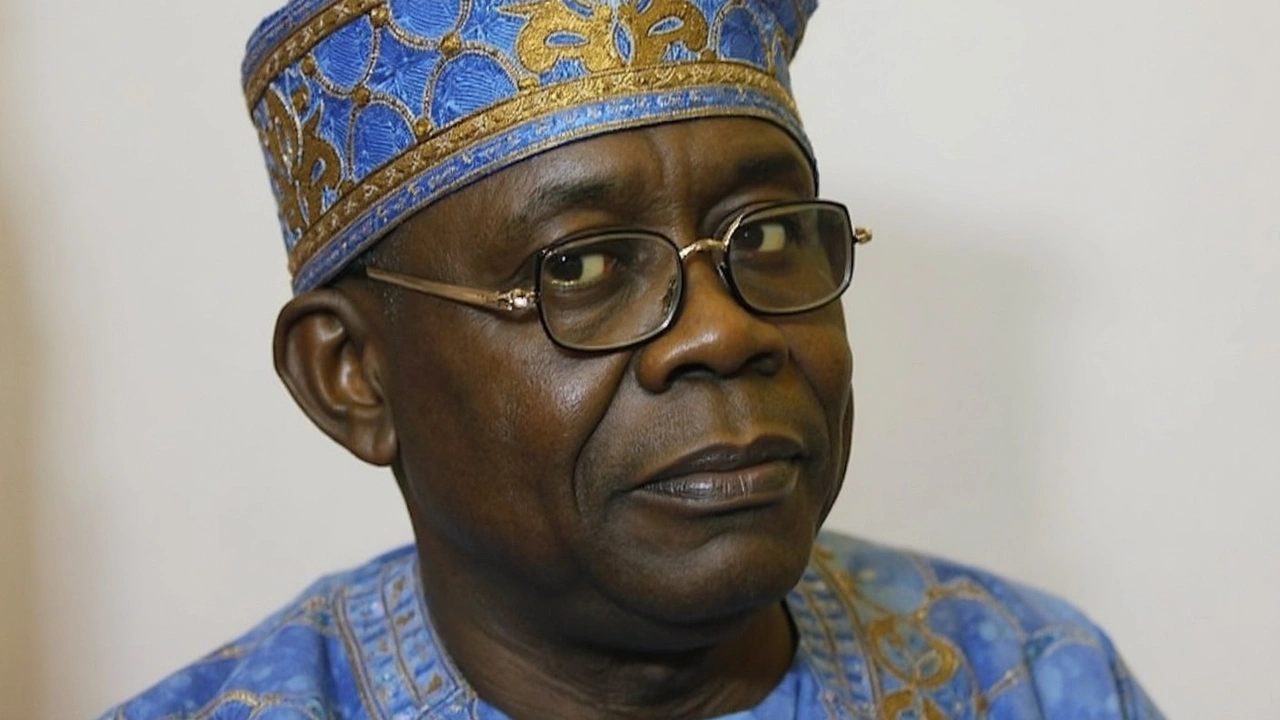Nigeria Economic Reforms: What They Mean for You
Nigeria has been rolling out economic reforms aimed at fixing long-standing issues and boosting the country's growth. These changes affect everything from how businesses operate to daily life for millions of Nigerians. Whether it's adjusting trade policies or improving financial systems, these reforms seek to make Nigeria more competitive and stable.
One major focus is on diversifying Nigeria's economy beyond oil, which has been the backbone for years. The government is pushing policies that support agriculture, technology, and manufacturing to create new jobs and reduce reliance on oil prices. This shift can lead to more steady growth and opportunities for entrepreneurs and workers alike.
How Economic Reforms Impact You
If you run a business or plan to start one, understanding these reforms is crucial. Changes in tax rules, import-export regulations, and local content policies can affect costs and market access. For individuals, reforms aim to improve job prospects and stabilize prices, which means a better chance at a reliable income and affordable goods.
The Road Ahead for Nigeria's Economy
While reforms are promising, challenges like infrastructure gaps and governance issues remain. The government's success depends on consistent implementation and support from private sectors. With the right focus, Nigeria can build a more resilient economy that benefits everyone, not just a few.
Staying informed about these economic reforms helps you spot opportunities and prepare for changes. Whether you're a consumer, business owner, or investor, knowing what's happening in Nigeria's economy can give you a valuable edge.

President Tinubu's Two-Year Milestone: Major Reforms and Economic Shake-Up in Nigeria
Tinubu's administration celebrates two years with sweeping reforms: fuel subsidy removal, forex market stabilization, and billions in oil investments. Nearly 1.2 million Nigerians gained from social programs, while plans to widen electricity access move ahead. Authorities say 2025 will build on these achievements.